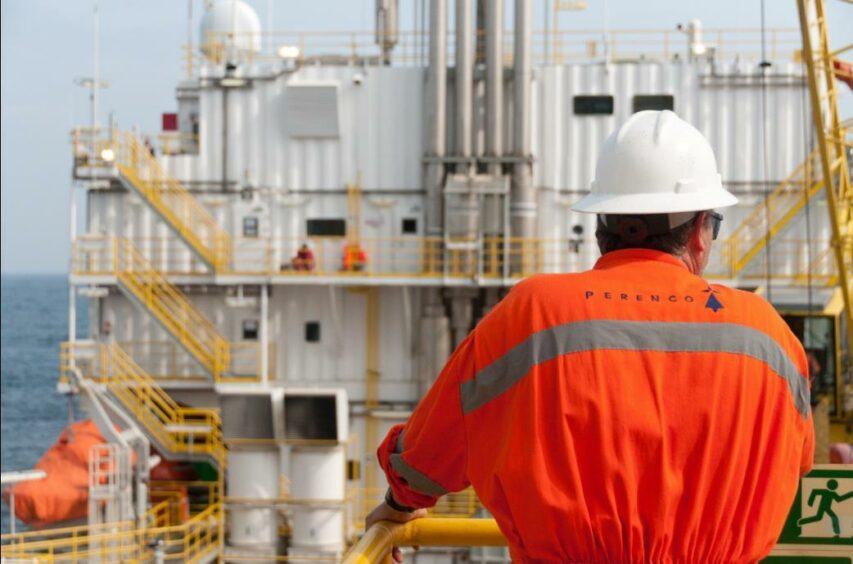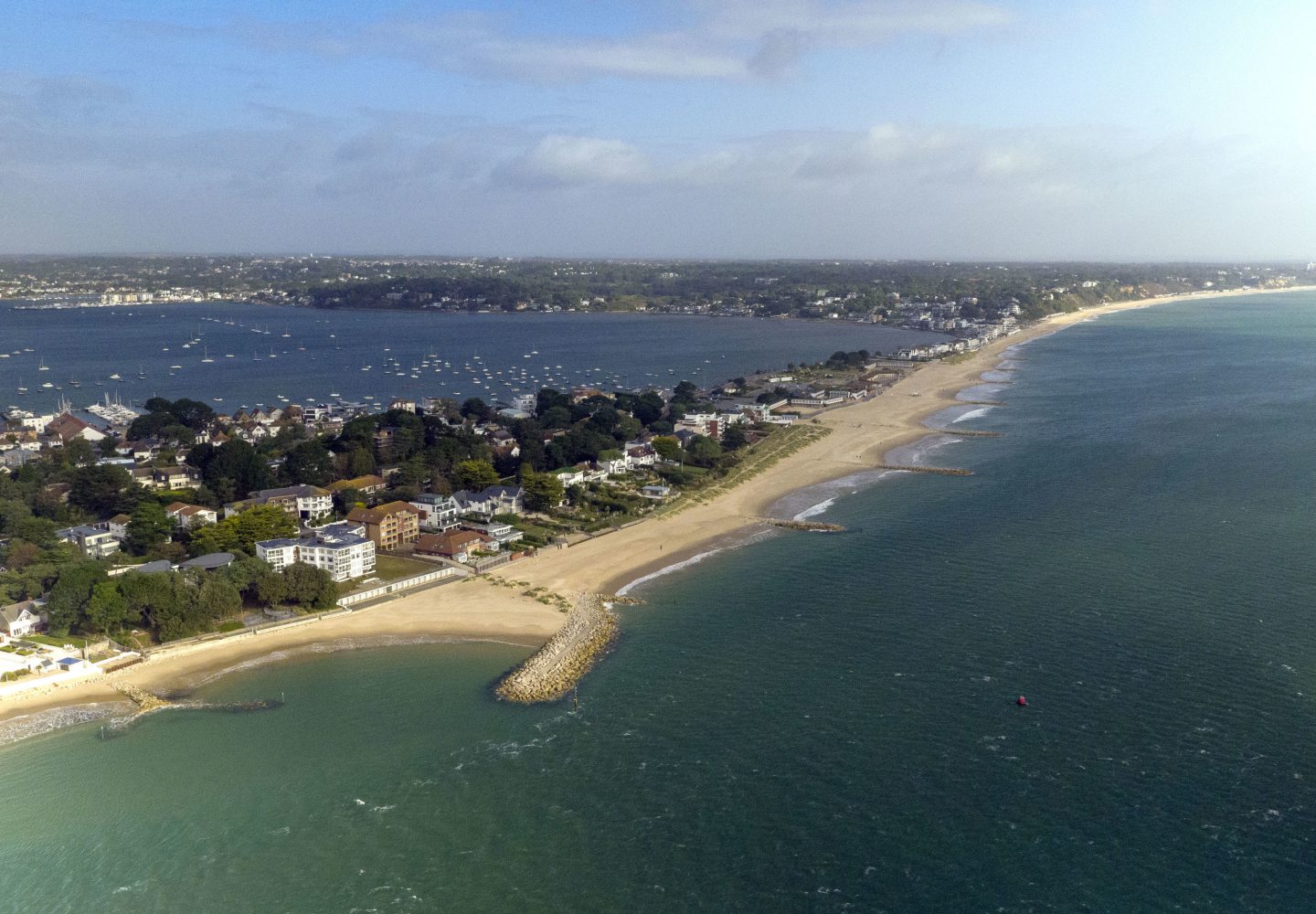
The MP for South Dorset said a Perenco oil spill in the area is “potentially catastrophic” but added he had received assurances that it is “not as serious as first thought”.
Asking an urgent question in the Commons, Conservative MP Richard Drax said: “I am very concerned at this spill, which is potentially catastrophic.”
He added: “I’ve been assured this morning that the spill is not as serious as first thought. The majority of the fluid that leaked from an underground pipeline was contained yesterday.”
He told MPs the effect on the marine environment “is unknown”.
He asked the Government “to ensure that it is paramount the regulator carries out a full investigation into why the leak occurred”.
He said he wanted the Government to seek assurances from Perenco “that the rest of their network is being properly maintained and checked, we do not want this to happen every again”.
Sightings of oil in Poole Harbour following a pipeline spill are “down by 60-70%” as a clean-up plan is put in place to protect sensitive nature reserves.
The public is still being advised to avoid going into the water or using the beaches despite the oil appearing to begin to disperse.
Poole Harbour Commissioners (PHC), which regulates activities in the harbour, said a leak occurred at a pipeline operated by gas company Perenco, under Owers Bay, on Sunday.
Approximately 200 barrels of reservoir fluid were released after the leak occurred at the Wytch Farm oil field.
Perenco, the owner of the UK’s largest onshore oil field, said a “small” amount of reservoir fluid (consisting of 85% water and 15% oil) escaped from its pipeline.
PHC carried out a survey of the harbour on Monday morning involving 100 people, helicopters and drones.
It said it was working with local authorities to monitor and clean up the spill using the Shoreline Clean-up and Assessment Technique (Scat).
It said in a statement: “Aerial footage gathered today, suggests that there is a 60-70% reduction in oil sightings on the water.
“Collection of oil from sightings has already commenced and is being recovered to a safe waste recovery site on the port estate.”
Members of the public have been urged to avoid using the water and beaches within the harbour.
PHC stated: “As a precaution, the public should still avoid using the water for recreational purposes and continue to avoid bathing at beaches within Poole Harbour until further updates become available.
“BCP (Bournemouth, Christchurch and Poole) Council is in the process of putting signage up on the beaches to inform bathers of this.
“It is unlikely that there will be any long-term health effects from short exposures (eg days).
“Anyone who has come into contact with the spill should wash immediately with soap and water for 10 minutes.
“If eyes have come into contact with the spill, they should be rinsed with water. Anyone who has been exposed to fuel oil and is feeling unwell, please contact NHS 111 or seek medical attention from your GP.”
According to Poole Tourism, Poole is Europe’s largest natural harbour and a site of nature conservation, with many international protections in place.
The harbour is also a Ramsar site which recognises wetlands of international importance, particularly for wildfowl, a Site of Special Scientific Interest (SSI) and a Special Protection Area (SPA).
Franck Dy, Perenco UK’s Wytch Farm general manager, said: “Any spill is an extremely serious matter and a full investigation will be launched to ascertain what happened in Poole Harbour.
“It is important to stress that the situation is under control, with the discharge of fluids having been stopped and the spill is being contained.”
The firm confirmed a clean-up operation is under way.
Philip Broadhead, leader of Bournemouth, Christchurch and Poole Council, said told BBC Radio 4: “I am clearly angry and disappointed, this is the second-largest natural harbour, award-winning beaches, very delicate ecosystem. The natural reaction is to be very worried.”
Environment groups have expressed anger and concern at the risk posed by oil facilities on the UK coast, particularly close to protected wildlife sites.
Richard Hill, from the Marine Conservation Society, said: “I am shocked and saddened to see yet another oil spill in UK waters. We need better protection for sensitive sites such as Poole harbour.
“The seabird breeding season is about to take place and there are tern and gull colonies close by at Brownsea Island that may be vulnerable.
“It would be awful for a future spill to impact on the wider area of the harbour, home to overwintering and breeding birds, or sensitive habitats such as the seagrass beds outside at Studland.
“This incident should be considered a warning to adequately protect sensitive sites and ensure that oil industry infrastructure is up to the task. We cannot allow these spills to continue to happen.”
Dr Malcolm Hudson, associate professor in environmental science at the University of Southampton, said the spill was “potentially a serious environmental incident”.
He said: “While we don’t know the full extent of the leak yet, a spill in Poole Harbour raises particular concerns. It’s a very large enclosed bay – and so pollutants may not be flushed out quickly by the tides.
“Also, it’s a very low energy environment, so unlike a spill on an open coast, there won’t be much wave action to help break down and disperse the oil.
“Poole Harbour is especially sensitive, and internationally protected for the wildlife there.”
Recommended for you

 © PA
© PA